The first round of evaluations of CAS-TWAS President’s Fellowship applicants was duly conducted at six separate meeting rooms on the east campus of USTC on April 18. Six specialized teams, of mathematics and physics, chemistry, earth science, biology and medicine, information technology and management science, formed by thirty-four experts from various research institutes of CAS, CAS University and USTC evaluated a total of 937 applicants, most of whom are from Third World nations.
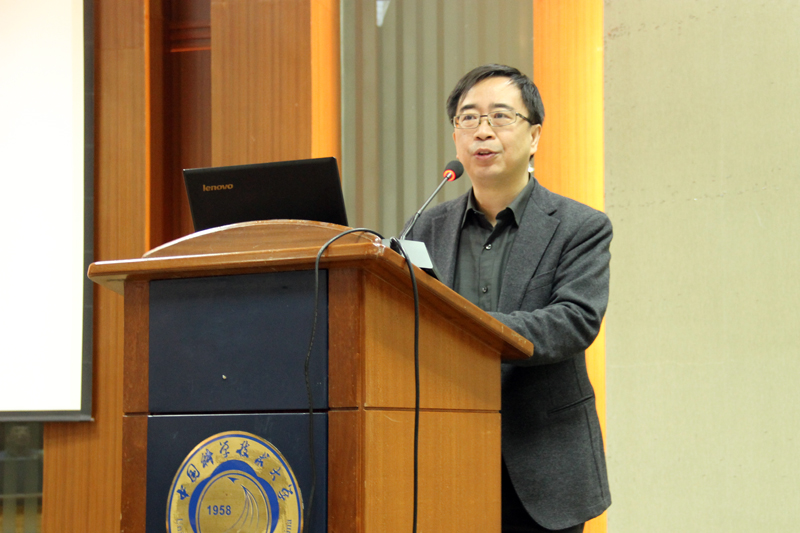
Academician PAN Jianwei, vice president of USTC, reviewed the CAS-TWAS President’s Fellowship Programme that had been begun last year and the situation of applications this year in addition to a briefing on the scheme whereby the CAS University and USTC will alternately organize fellowship evaluations.
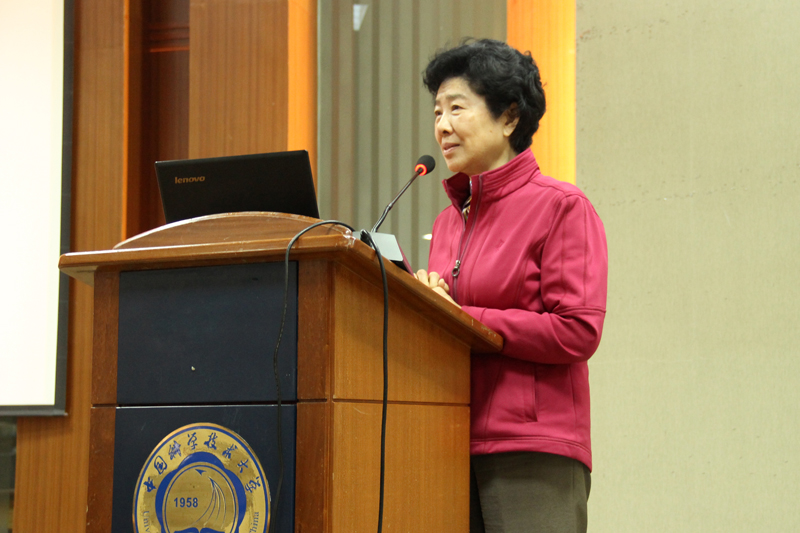
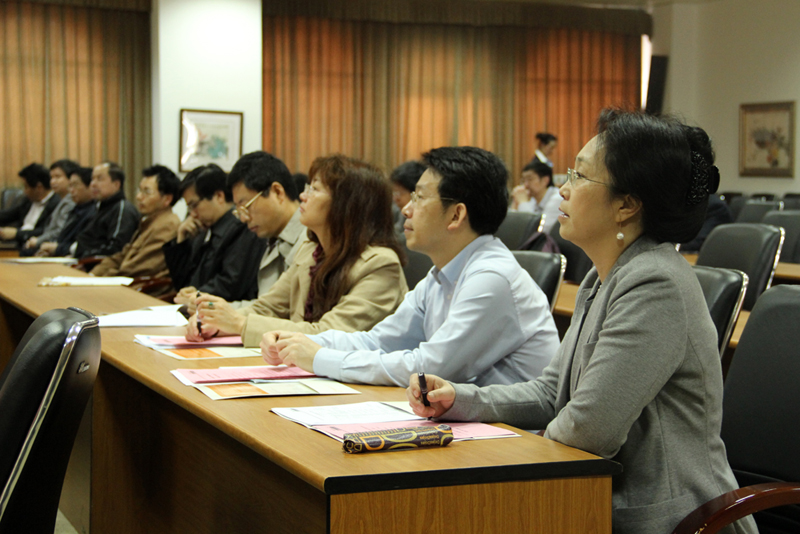
Academician WANG Zhizhen, former vice chairperson of the CPPCC, speaking on behalf of the experts, highly remarked the Programme and thought CAS University and USTC would train outstanding scientists and technical personnel for the Third World.
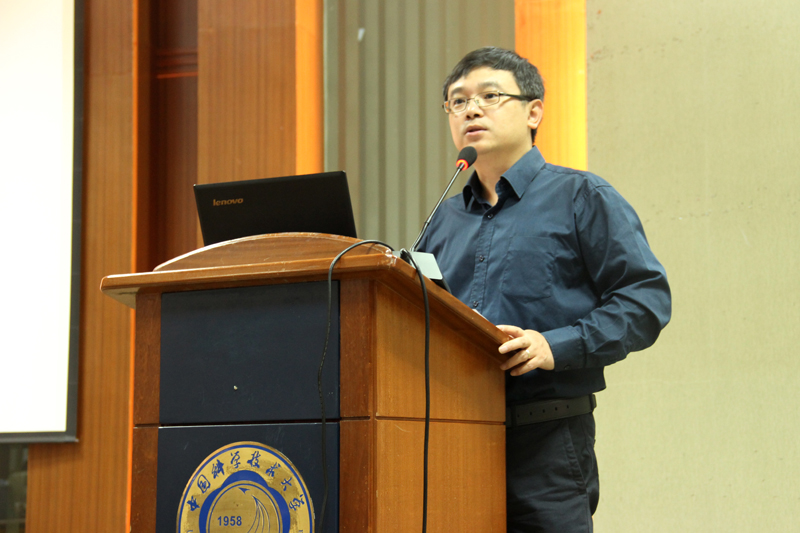
WANG Zhenyu, head of the Office of International Organizations of the Department of International Cooperation of CAS, briefed the experts on particulars of financial assistance under the programme and its implementation. He emphasized the importance of selecting only the best while keeping a balance between nations. He also indicated that, starting from next year, the fellowship programme would allocate a certain number of awards for students from developed countries.
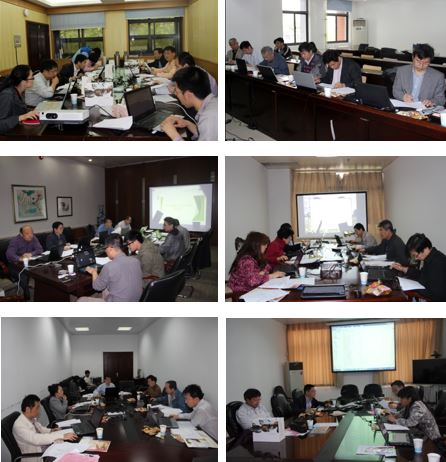
The six expert teams, assisted by student volunteers, lost no time in making evaluations immediately after the meeting.
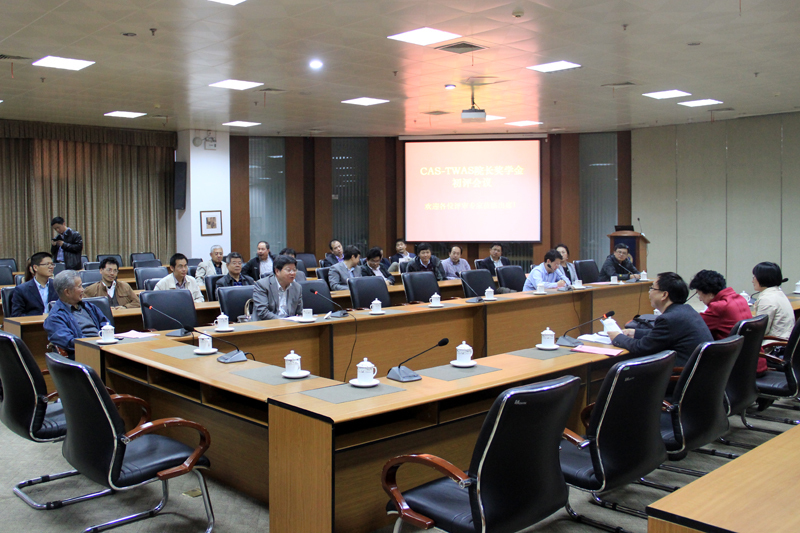
The experts gathered again at 4:00 in the afternoon to report on their evaluations and exchanged notes on their experience and suggestions. Everyone was satisfied with the day’s work.
The CAS-TWAS President’s Fellowship Programme, implemented by CAS in accordance with an agreement between CAS and TWAS, is aimed at promoting science training, innovation in science and technology, and regional development in developing nations. The Programme provides a fellowship in the amount of 7000/8000 RMB per month for each recipient from a developing country who studies for a doctoral degree at the CAS University or USTC. From next year, fellowships will also be awarded to students from developed countries.
(YANG Li, International Cooperation Committee)